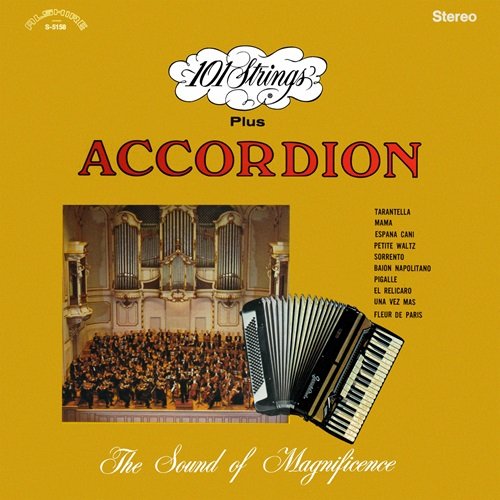Randy Weston - The Complete Recordings: 1955-1960 (2014)
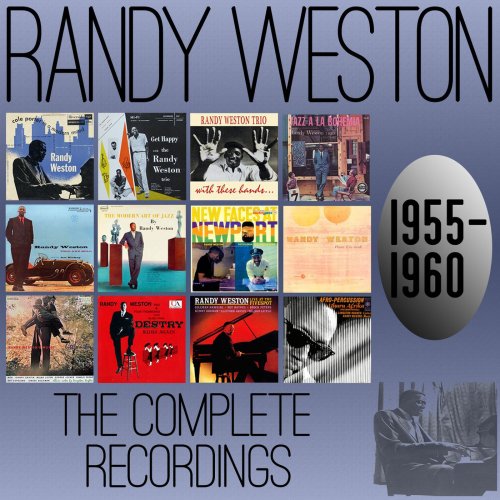
Artist: Randy Weston
Title: The Complete Recordings: 1955-1960
Year Of Release: 2014
Label: Tritone
Genre: Jazz
Quality: FLAC (tracks) / MP3
Total Time: 7:02:38
Total Size: 1.83 GB / 981 MB
WebSite: Album Preview
Tracklist:Title: The Complete Recordings: 1955-1960
Year Of Release: 2014
Label: Tritone
Genre: Jazz
Quality: FLAC (tracks) / MP3
Total Time: 7:02:38
Total Size: 1.83 GB / 981 MB
WebSite: Album Preview
01. What Is This Thing Called Love
02. I Love You
03. Night and Day
04. I Get a Kick out of You
05. In the Still of the Night
06. Get out of Town
07. Just One of Those Things
08. I've Got You Under My Skin
09. Get Happy
10. Fire Down There
11. Where Are You
12. Under Blunder
13. Dark Eyes
14. Summertime
15. Bass Knows
16. C-Jam Blues
17. A Ballad
18. Twelfth Street Rag
19. The Man I Love
20. Serenade in Blue
21. I Can't Get Started with You
22. This Can't Be Love
23. These Foolish Things
24. Lifetime
25. Do Nothing Till You Hear from Me
26. Little Niles (1956)
27. Theme: Solemn Meditation (Live)
28. Just a Riff (Live)
29. You Go to My Head (Live)
30. Once in a While (Live)
31. Hold 'Em Joe (Live)
32. It's All Right with Me (Live)
33. Chessman's Delight (Live)
34. Theme: Solemn Meditation (Reprise) (Live)
35. Sweet Sue, Just You
36. Pam's Waltz (1957)
37. Solemn Meditation
38. Again
39. Zulu
40. Little Girl Blue
41. We'll Be Together Again
42. Softness
43. Lover
44. If You Could See Me Now
45. Loose Wig
46. Run Joe
47. A Theme for Teddy
48. A Little Spanish Town
49. Don't Blame Me
50. J.K. Blues
51. Well You Needn't
52. How High the Moon
53. Hi Fly (1958) [Live]
54. Bantu Suite (Live)
55. Beef Blues Stew (1958) [Live]
56. Machine Blues (Live)
57. Earth Birth (1958)
58. Nobody Knows the Trouble I've Seen
59. Saucer Eyes
60. I Got Rhythm
61. Gingerbread
62. Cocktails for Two
63. Honeysuckle Rose
64. F.E - Double-U Blues
65. Earth Birth (1959)
66. Little Susan
67. Nice Ice
68. Littlle Niles (1959)
69. Pam's Waltz (1959)
70. Babe's Blues
71. Let's Climb a Hill
72. We're Ladies
73. I Know Your Kind
74. Rose Lovejoy of Paradise Alley
75. Anyone Would Love You
76. Once Knew a Fella
77. Every Once in a While
78. Fair Warning
79. Are You Ready Gyp Watson
80. That Ring on the Finger
81. Once I Knew a Fella
82. I Say Hello
83. Hi Fly (1959) [Live]
84. Beef Blues Stew (1959) [Live]
85. Where (Live)
86. Spot Five Blues (Live)
87. Star Crossed Lovers (Live)
88. Lisa Lovely (Live)
89. Introduction Uhuru Kwanza (Part One)
90. First Movement Uhuru Kwanza (Part Two)
91. Second Movement African Lady
92. Third Movement Bantu
93. Fourth Movement Kucheza Blues
Placing acclaimed pianist Randy Weston into narrow, bop-derived categories only tells part of the story of this restless musician. Starting with the gospel of bop according to Thelonious Monk, Weston emerged in the early '50s with a series of albums on the Riverside label and dates playing alongside such luminaries as Kenny Dorham and Cecil Payne. A virtuosic player, he also made his mark as a composer, writing songs like "Saucer Eyes," "Pam's Waltz," "Little Niles," and his most recognizable composition, "Hi-Fly." From the '60s onward, he spent much of his time in Africa, living in Morocco and traveling throughout the continent. He gradually absorbed the letter and spirit of African and Caribbean rhythms and tunes, welding everything together into a searching, energizing, often celebratory blend. Over the years, his wide-ranging artistry garnered numerous accolades, including two Grammy Award nominations, an NEA Jazz Masters Fellowship, and a 2014 Doris Duke Award.
Jazz á la BohemiaGrowing up in Brooklyn, Weston was surrounded by a rich musical community: he knew Max Roach, Cecil Payne, and Duke Jordan; Eddie Heywood lived across the street; Wynton Kelly was a cousin. Most influential of all was Monk, who tutored Weston upon visits to his apartment. Weston began working professionally in R&B bands in the late '40s before playing in the bebop outfits of Payne and Kenny Dorham. After signing with Riverside in 1954, Weston led his own trios and quartets and attained a prominent reputation as a composer, contributing jazz standards like "Hi-Fly" and "Little Niles" to the repertoire and releasing albums like Jazz á la Bohemia, The Modern Art of Jazz, and New Faces at Newport. He also met arranger Melba Liston, who collaborated with Weston off and on from the late '50s into the 1990s.
African CookbookWeston's interest in his roots was stimulated by extended stays in Africa; he visited Nigeria in 1961 and 1963, during which time he issued albums like Highlife: Music from the New African Nations, Randy!, and African Cookbook. He lived in Morocco from 1968 to 1973 following a tour, and subsequently remained fascinated with the music and spiritual values of the continent. In the '70s, Weston made recordings for Arista-Freedom, Polydor, and CTI while maintaining a peripatetic touring existence, mostly in Europe. His albums like Blue Moses, Tanjah (which earned him his first Grammy nomination in 1973), and Perspective found him continuing to incorporate African influences along with funk and soul-jazz, while moving between large-ensemble and small-group sets.
The Spirits of Our AncestorsHowever, starting in the late '80s, after a period when his recording had slowed, Weston's visibility in the U.S. skyrocketed with an extraordinarily productive period in the studios for Antilles and Verve. His highly eclectic recording projects included a trilogy of "Portrait" albums depicting Ellington, Monk, and himself; The Spirits of Our Ancestors, an ambitious two-CD work rooted in African music; a blues album; and a Grammy-nominated collaboration with the Gnawa Musicians of Morocco. Weston's fascination with the music of Africa continued on such works as 2003's Spirit! The Power of Music, 2004's Nuit Africaine, and 2006's Zep Tepi by Weston and his African Rhythms Trio.
The StorytellerIn 2010, Weston released the live album The Storyteller, which featured the then 84-year-old pianist in concert at Dizzy's Club Coca-Cola as part of Jazz at Lincoln Center. Three years later, he paired with Billy Harper for The Roots of the Blues. The African Nubian Suite, an ambitious project conceptualized around Africa's heritage as the birthplace of humanity and civilization, followed in 2016. Weston issued the solo piano album Sound in 2018. On September 1 of that year, he died at his home in Brooklyn at the age of 92. ~ Richard S. Ginell
Jazz á la BohemiaGrowing up in Brooklyn, Weston was surrounded by a rich musical community: he knew Max Roach, Cecil Payne, and Duke Jordan; Eddie Heywood lived across the street; Wynton Kelly was a cousin. Most influential of all was Monk, who tutored Weston upon visits to his apartment. Weston began working professionally in R&B bands in the late '40s before playing in the bebop outfits of Payne and Kenny Dorham. After signing with Riverside in 1954, Weston led his own trios and quartets and attained a prominent reputation as a composer, contributing jazz standards like "Hi-Fly" and "Little Niles" to the repertoire and releasing albums like Jazz á la Bohemia, The Modern Art of Jazz, and New Faces at Newport. He also met arranger Melba Liston, who collaborated with Weston off and on from the late '50s into the 1990s.
African CookbookWeston's interest in his roots was stimulated by extended stays in Africa; he visited Nigeria in 1961 and 1963, during which time he issued albums like Highlife: Music from the New African Nations, Randy!, and African Cookbook. He lived in Morocco from 1968 to 1973 following a tour, and subsequently remained fascinated with the music and spiritual values of the continent. In the '70s, Weston made recordings for Arista-Freedom, Polydor, and CTI while maintaining a peripatetic touring existence, mostly in Europe. His albums like Blue Moses, Tanjah (which earned him his first Grammy nomination in 1973), and Perspective found him continuing to incorporate African influences along with funk and soul-jazz, while moving between large-ensemble and small-group sets.
The Spirits of Our AncestorsHowever, starting in the late '80s, after a period when his recording had slowed, Weston's visibility in the U.S. skyrocketed with an extraordinarily productive period in the studios for Antilles and Verve. His highly eclectic recording projects included a trilogy of "Portrait" albums depicting Ellington, Monk, and himself; The Spirits of Our Ancestors, an ambitious two-CD work rooted in African music; a blues album; and a Grammy-nominated collaboration with the Gnawa Musicians of Morocco. Weston's fascination with the music of Africa continued on such works as 2003's Spirit! The Power of Music, 2004's Nuit Africaine, and 2006's Zep Tepi by Weston and his African Rhythms Trio.
The StorytellerIn 2010, Weston released the live album The Storyteller, which featured the then 84-year-old pianist in concert at Dizzy's Club Coca-Cola as part of Jazz at Lincoln Center. Three years later, he paired with Billy Harper for The Roots of the Blues. The African Nubian Suite, an ambitious project conceptualized around Africa's heritage as the birthplace of humanity and civilization, followed in 2016. Weston issued the solo piano album Sound in 2018. On September 1 of that year, he died at his home in Brooklyn at the age of 92. ~ Richard S. Ginell
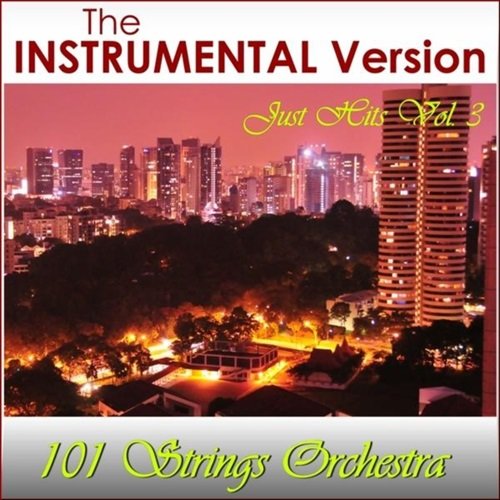
![Kobert - Off the Hook (2011) [Hi-Res] Kobert - Off the Hook (2011) [Hi-Res]](https://www.dibpic.com/uploads/posts/2026-03/1772434077_lnz36qc7wmx6u_600.jpg)
![Mehmet Ali Sanlikol - The Electric Oud Man Speaks and You Listen... (2026) [Hi-Res] Mehmet Ali Sanlikol - The Electric Oud Man Speaks and You Listen... (2026) [Hi-Res]](https://img.israbox.com/img/2026-02/28/0areq907i6p8nj96306jai1a0.jpg)
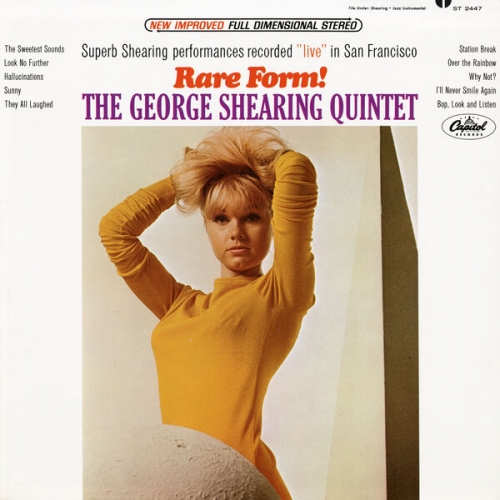
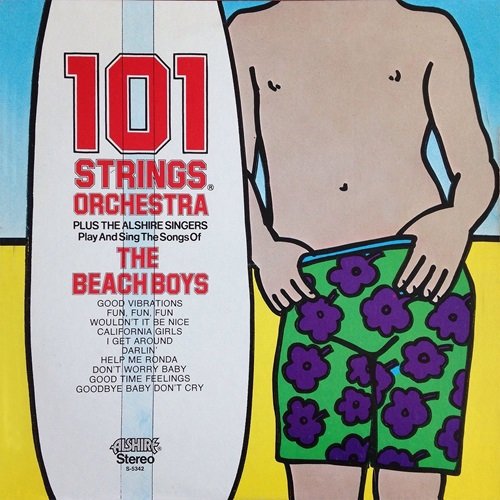

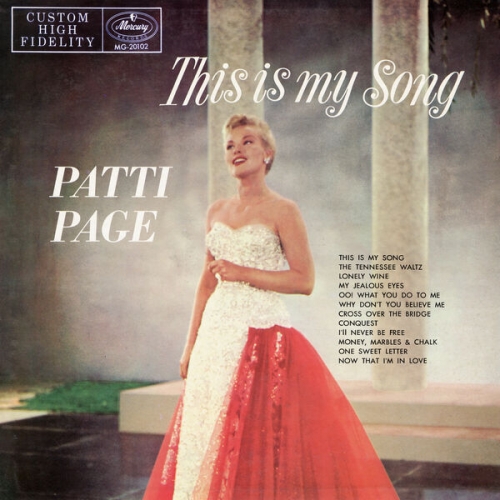
![Paul Giess - Phronesis (2026) [Hi-Res] Paul Giess - Phronesis (2026) [Hi-Res]](https://img.israbox.com/img/2026-03/03/jnvs3x8azp7r5exf5vijztdkf.jpg)
